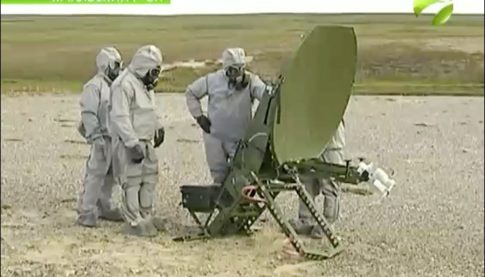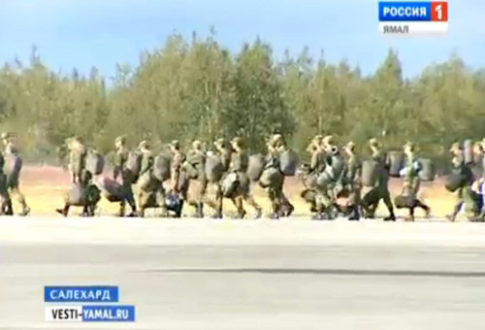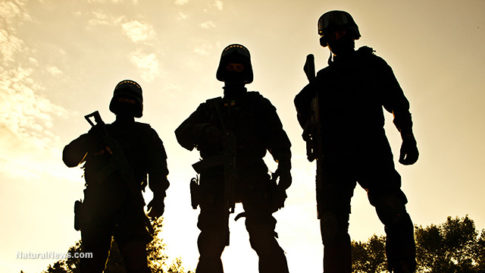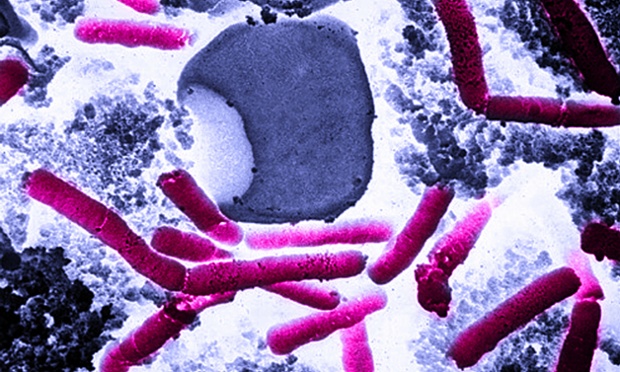Related articles:
– Over 70,000 deaths, and over 1 million disabilities among American soldiers attributed to Iraq Wars says U.S. government data
– IRAQ: ‘Special Weapons’ Have a Fallout on Babies
– War-related birth defects in Fallujah
– Cheney can only call Iraq a success if he has a mindset like Hitler
– Wartime PTSD cases jumped roughly 50 pct. in 2007
– Soldier suicides could trump war tolls: US health official
In March, 2003 my sister, Army Captain Chaplain Fran E. Stuart was deployed to Iraq with the rest of her battalion, from Ft. Campbell, Kentucky, the 101st Airborne. The uncharted desert would not only hold uncertainty for Operation Iraqi Freedom and Operation Enduring Freedom, but if she survived during her one-year deployment, she would return to the U. S. forever changed.
Although the changes that would occur two years to the day from her return home were changes she never could have fathomed. Not only had the desert sand, gun blasts and heat penetrated the armor of her psyche, but a carcinogen did too. It made a home in her body, mixed between the Anthrax Vaccine, depleted uranium, crude oil smog, and contaminated water dished up with every meal. It would, in two years, become part of the wrapping around her inner organs like an Octopus, gathering its fuel from her central abdomen. The volleyball size tumor would become the pregnancy she never had — and the birth of cancer she’d never forget.
In March 2006, the 41-year-old captain was diagnosed with a rare, aggressive, stage IV Dysgerminoma cancer, the “germ cell” cancer usually only seen in pregnant women, or teenage girls. Captain Stuart was medevaced from her new tour in Germany to Walter Reed Army Medical Center (WRAMC) in D.C. to undergo further testing and immediate surgery to remove the massive tumor, only to discover three more. It would take ten months of treatments to corral the cancer. After 35 rounds of chemotherapy and two more surgeries was she deemed in clinical remission.
While her family was supporting Captain Stuart at WRAMC, my exclusive access to WRAMC exposed cancer as a affliction suffered by many soldiers are returning from Iraq/Afghanistan, unknown to the public and unacknowledged by the military.
Although WRAMC Forrest Glen Fisher House provides housing exclusively for soldiers with cancer, undergoing surgeries, chemotherapy or radiation treatments at Walter Reed — the DoD hasn’t gone public with their findings. WRAMC has dedicated floors six and seven to the stricken soldiers arriving daily — their life may have been spared on the battlefield, but the savage beast within — cancer — had created its own war.
Soldiers face a more deadly and rapidly moving carcinogen that covertly infiltrates all ranks, ethnicities, gender and ages from 21-57. Developing different stages and forms of rare cancers within 4-24 months, a portion are medevaced to WRAMC from Iraq already ill. Others, like my sister, are diagnosed two years post-deployment. Since soldiers are uninformed about depleted uranium (DU), they are not wearing protective gear and are unknowingly inhaling and ingesting the toxic dust.
Read moreThe Weapon of Mass Destruction Is Cancer






